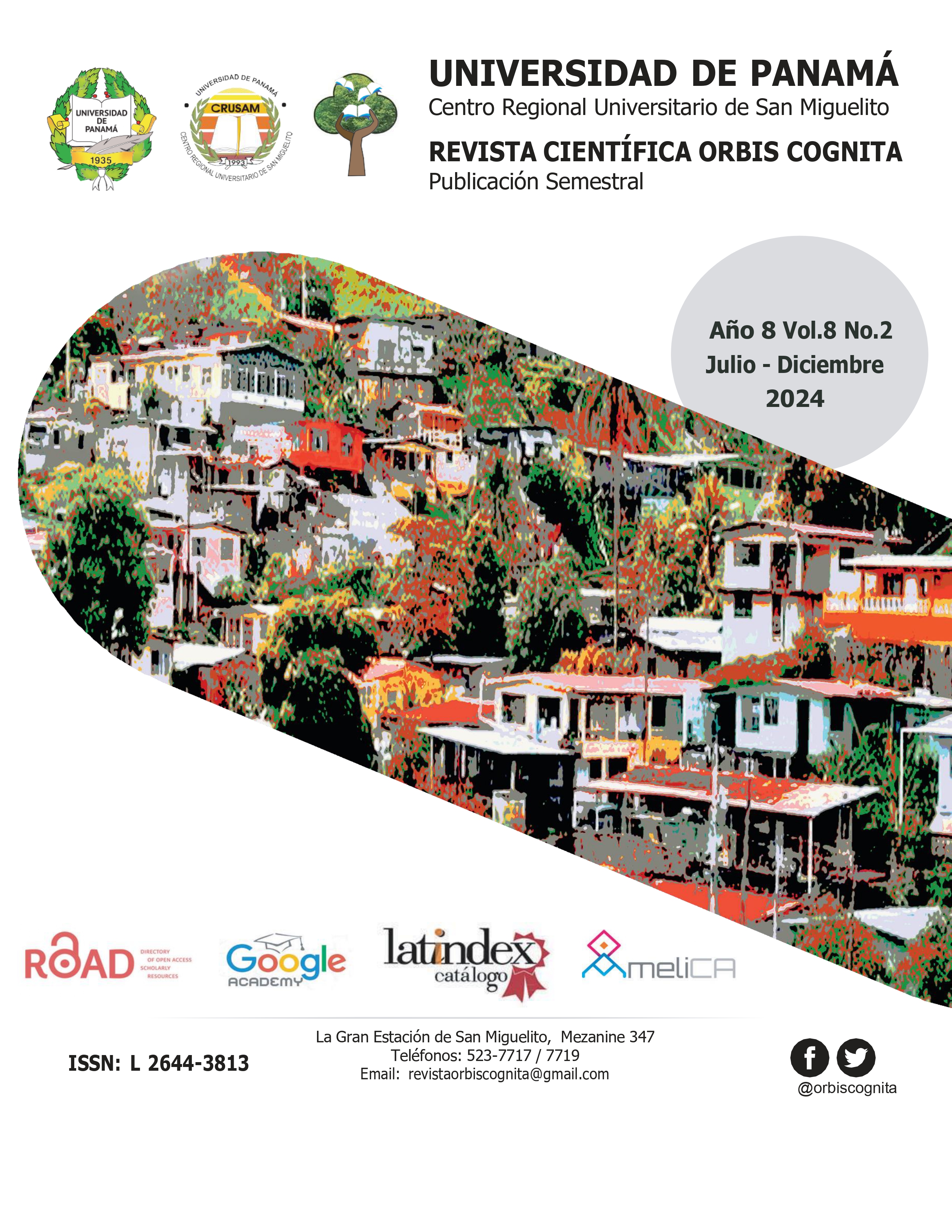

Copyright (c) 2024 Revista Científica Orbis Cógnita

This work is licensed under a Creative Commons Attribution-NonCommercial-ShareAlike 4.0 International License.
Nowadays, communication has evolved exponentially thanks to the advancement of technology. The digital era has brought with it a series of challenges and opportunities in communication and linguistics that require a collective and cooperative response. The objective of this research is to analyze the relevance of the advances that ICT's have generated in the relationship between education and organizations, taking as a reference the transcendental changes that new technologies. The unit of the present study was based on the bibliographic method, qualitative with a mixed approach integrating theoretical analysis and literature review, focused on the development and validation of the challenges and opportunities of communication and linguistics in the digital era. In the most salient results, it was evidenced that there is a relationship between communication and linguistics in the digital era that encompasses various aspects, from language teaching to the transformation of speech acts and the challenges for linguistic diversity.
It is concluded that within this context, it can be said that the human-machine interaction provided by computer systems helps to process useful information and distribute it to achieve common goals in people. This issue is of great relevance in the current context, where technology continues to impact the way we communicate and preserve linguistic diversity.